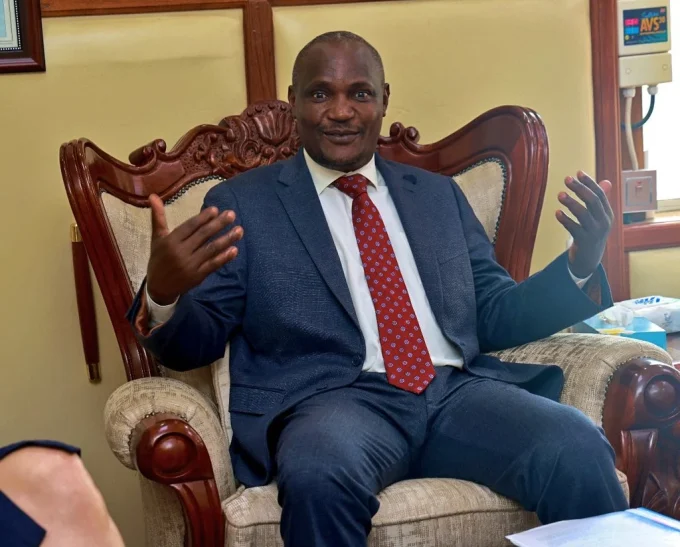Kenya is set to record the highest motorbike imports this year as use of the vehicles for employment and to ferry people both in urban and rural areas soars.
Registrations have surged by about 80% in the first seven months of this year, data from the Kenya National Bureau of Statistics (KNS) shows.
As of July, according to the data, Kenya had imported 146,757 motorcycle units, up from 86,286 during the similar period last year.
The rise is unprecedented in the country as the machines swamp roads and alleyways in villages and urban areas.
During the period, the bulk of the machines, 19,875, were imported in July. Kenya has been importing an average of 16,500 units every month since January.
The high imports are attributed to the removal of a Ksh 10,335 (US$100) excise duty.
The duty, imposed in December 2015, was lifted in September 2016 following lobbying from dealers and manufacturers.
The excise duty, according to dealers, shook the motorcycles’ market, forcing a sharp decline in sales and risking jobs as prices went up.
The price of motorbikes has fallen to as low as Ksh 58,910 (US$570), from at least Ksh 184,170 (US$1,782) per piece years ago following the setting up of several motorcycle plants by Asian manufacturers.
Some of the firms that have plants or distribution centers in Kenya include Beiqi-Foton, Sky Go, Fly Boy, Honda, Bajaj and Yamaha.
Kenya in 2007 exempted motorcycles below 250cc from a 16% value added tax to spur job creation.
The move paid off.
The sector has enabled thousands of youth operating low-cost motorbike taxis known as boda bodas across the east African nation to earn a decent living.
“We are so many of us and more are still coming into the sector but I cannot complain because the machines have offered me and others a job I could not get elsewhere,” said Moses Otanga, an operator in Kitengela, a suburb on the outskirts of Nairobi.
Like many others, he charges an average of Ksh 50 to ferry people to different places in the town making at least Ksh 1,034 daily.
With over 500,000 machines across the country, motorcycles are deeply entrenched in the lives of Kenyans and the economy, according to the Kenya Boda Boda Association.
The association notes that the machines have created jobs for thousands, improving standards of living for many households, besides easing transport challenges.
Related: Major tax break for low income earners
“We promote the 24-hour economy. We are the people who ferry many home even past midnight enabling them to work as long as they want without worrying about how to get home. We operate long after the passenger service vehicles have gone home,” says the association.
The motorbikes have also reduced the crime rate since many youths in the Kenyan society now have a way to earn a living.
“We drive huge fuel sales. We are estimated to be over 500,000 Boda Boda operators and with each of us fueling an average of fuel worth of Ksh 517 per day, we inject into the economy some Ksh 248.04 million every day,” says the association.
Out of that, an average of Ksh 84.3 million goes to the government in road levies and other charges the taxman imposes on fuel.













Leave a comment